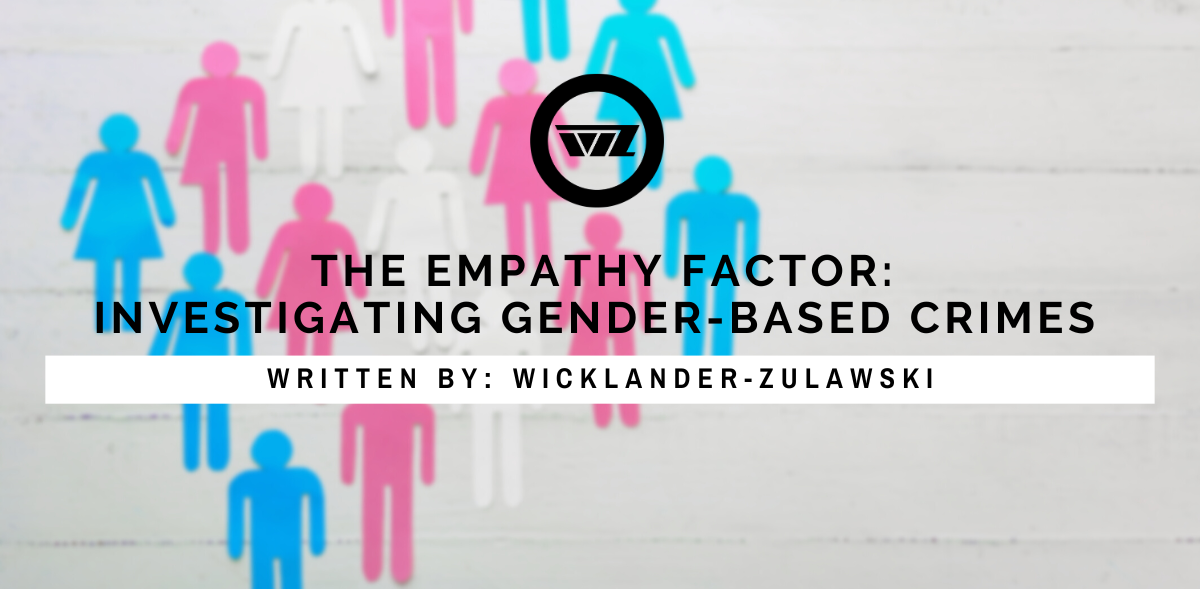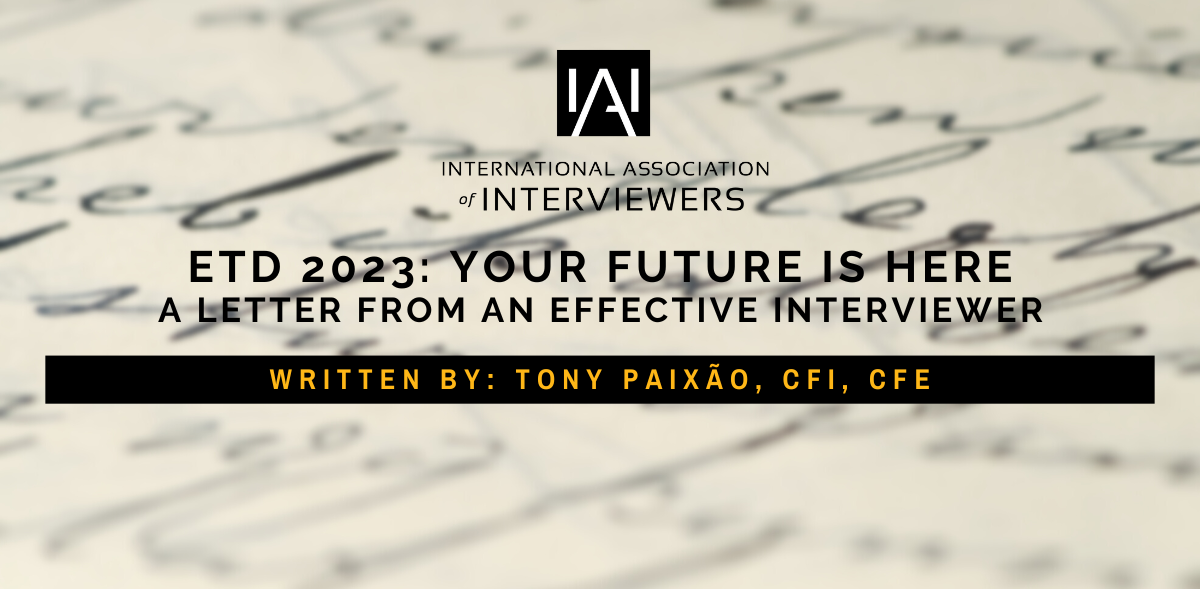When it comes to home improvement or fixing a car we all are well aware that multiple tools are needed to get the job done efficiently and effectively. Using the wrong tool may delay the process or result in even further damage. This same rule applies to interviewing methods, an important toolbox for any investigator. It is essential that investigators are aware there are many tools at their disposal when it comes to the interview or interrogation process. More importantly, investigators must utilize the proper methods based on the type of available evidence, background of the subject and other surrounding variables of the case. The misapplication of a method or inappropriate selection may hamper the investigators ability to obtain the truth and also result in a confirmation bias of the investigator. Listed here are the common methods taught by Wicklander-Zulawski & Associates as well as some of their particular benefits and most appropriate uses.
WZ Non-Confrontational Method
This 18-step approach has multiple strengths including the ability to translate into a variety of case types ranging from sexual harassment, employee theft to more serious crimes such as burglary or homicide. This method is best utilized when the investigator has circumstantial or direct evidence. The non-confrontational approach tends to minimize emotional pressure and resistance by the subject, creating a more respectful and rapport built conversation. Often with this method, the subject will be unaware of the scope of the investigation and may disclose admissions to crimes that were not originally known by the investigator. Lastly, another benefit of this method is the ability to withdraw from the interview without continuously pressuring a subject when the amount of available evidence is limited and circumstantial. A major step in this method is the development and substantiation of any confession, focused on corroborating the details of a confession.
Participatory Method
A strategic conversation aimed to gather information from the subject that may exonerate their involvement, secure an alibi or gain their knowledge of a policy and procedure. This method is often used at the beginning of an interview or investigative process when there is circumstantial evidence or direct evidence, but potential explanations or excuses from a defensive subject. The applicability of this method is widespread and is generally used in the private sector for policy or procedural type issues whereas, in the public sector, it may be used strategically to obtain information which would either prove the subject innocent or provide incriminating statements. The two main benefits of this approach are the strategic process which minimizes resistance from a subject in providing truthful information as well as the flexibility it provides the interviewer based on the information obtained.
Fact-Gathering Interview
This may seem self-explanatory, but it’s important that investigators understand the proper questioning techniques when it comes to fact-gathering interviews. These are usually preliminary conversations that occur early in the investigation and may apply to victims, witnesses or suspects themselves. This type of interview may apply to investigations that have very little available evidence, such as a tactical field interview. The effectiveness of this technique relies on the interviewer’s ability to ask appropriate questions without leading the subject, making assumptions or allowing biases to impact their ability to search for the truth. Instruction on this type of interview is focused on the type of question and the most appropriate order in which to ask them.
Cognitive Interview
An interview approach that may be used for victims, witnesses or suspects alike and is focused on extracting more information than normally obtained in a fact-gathering interview. This interview is used commonly in both the private and public sector when the investigator is trying to obtain a narrative from their subject about an event. This event could be an incident of sexual harassment, workplace violence, customer interaction, robbery, assault or any other instance in which an investigator seeks a recap of a specific timeframe. The cognitive interview is a structured conversation that tends to elicit more information without affecting the accuracy of the subject’s recollection. Instruction on this technique focuses on the structure of the interview including what type of questions to ask and when it is appropriate to ask them. Memory probing techniques allow a subject to extract additional information, allowing the investigator to further corroborate the details provided. Lastly, the investigator will be focused on the statements made by the subject, listening for qualifiers, assumptions and biases while attempting to gain as much reliable information as possible.
Selective Interview Technique
This investigative interview is primarily focused on a series of structured questions which provide consistency to an investigation and allow the investigator to obtain information from all potential suspects. This interview is generally used when an investigation has limited evidence and the interviewer aims to gain additional information while attempting to eliminate subjects as potential suspects. Consistency in the questioning allows the investigator to compare responses from subjects against each other while also obtaining more information. This interview should be used as part of the investigation enabling interviewers to take the relevant facts and further explore the details in effort to identify the truth.
Identifying the appropriate method to be used in an investigation is similar to selecting the right tool to fix something. The use of the wrong tool may ruin the item being fixed, cause further damage or delay the ultimate resolution of the problem. It is important to understand how different tools or methods may be used in combination with each other to provide investigators with adaptability to any situation, allowing them to effectively search for the truth.
David Thompson, CFI, is the President of Wicklander-Zulawski & Associates, Inc. (WZ). He is responsible for the day-to-day operations of WZ, as well as strategic planning and the evolution of interview and interrogation content. David has also served as the Director of Investigations giving him the opportunity to manage a variety of cases while conducting interviews and consulting on investigations ranging from theft and fraud to sexual harassment and homicide. As a speaker for WZ, David has created customized training programs, presented at seminars, hosted a variety of webinars as well as conducted live broadcasts of training.




